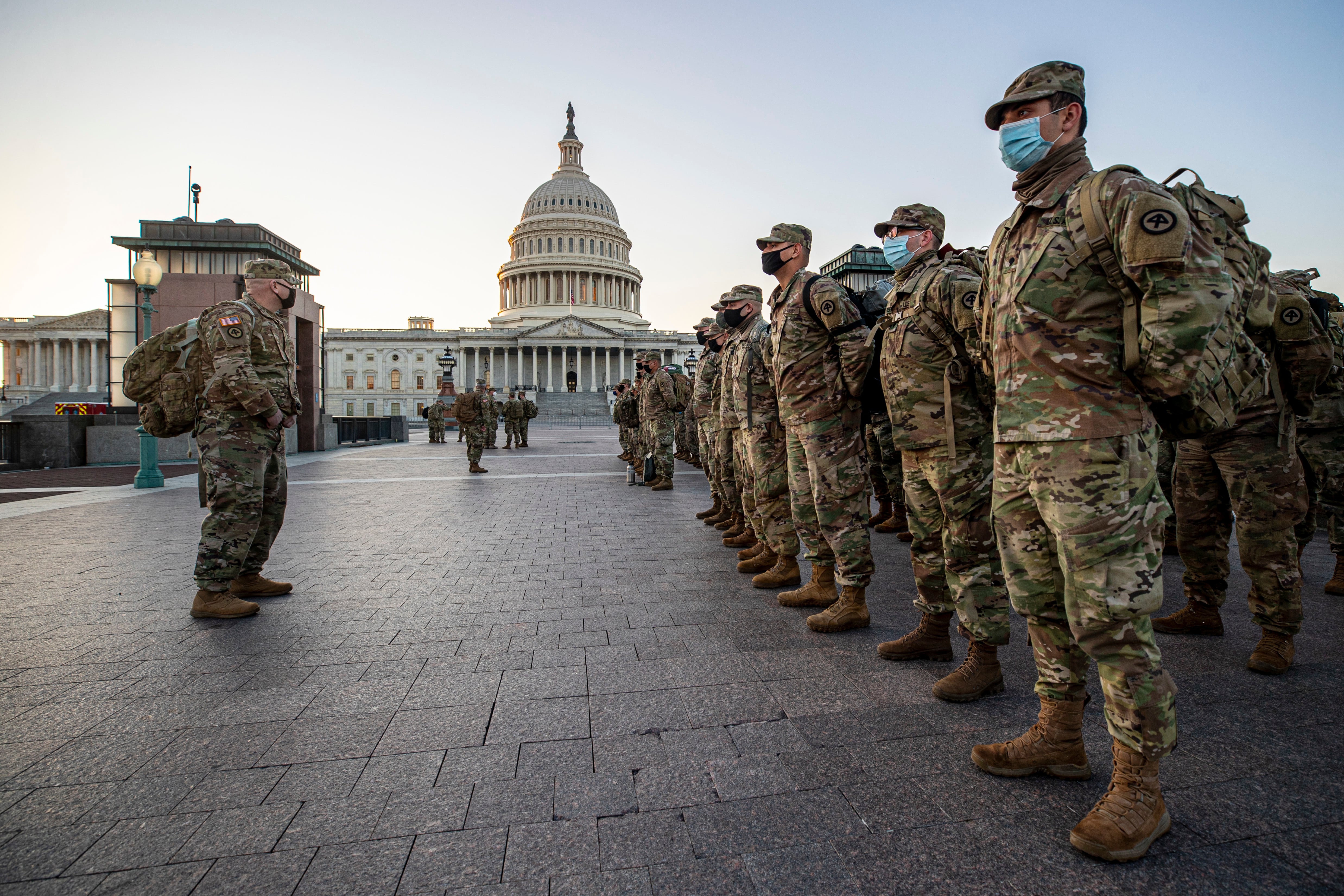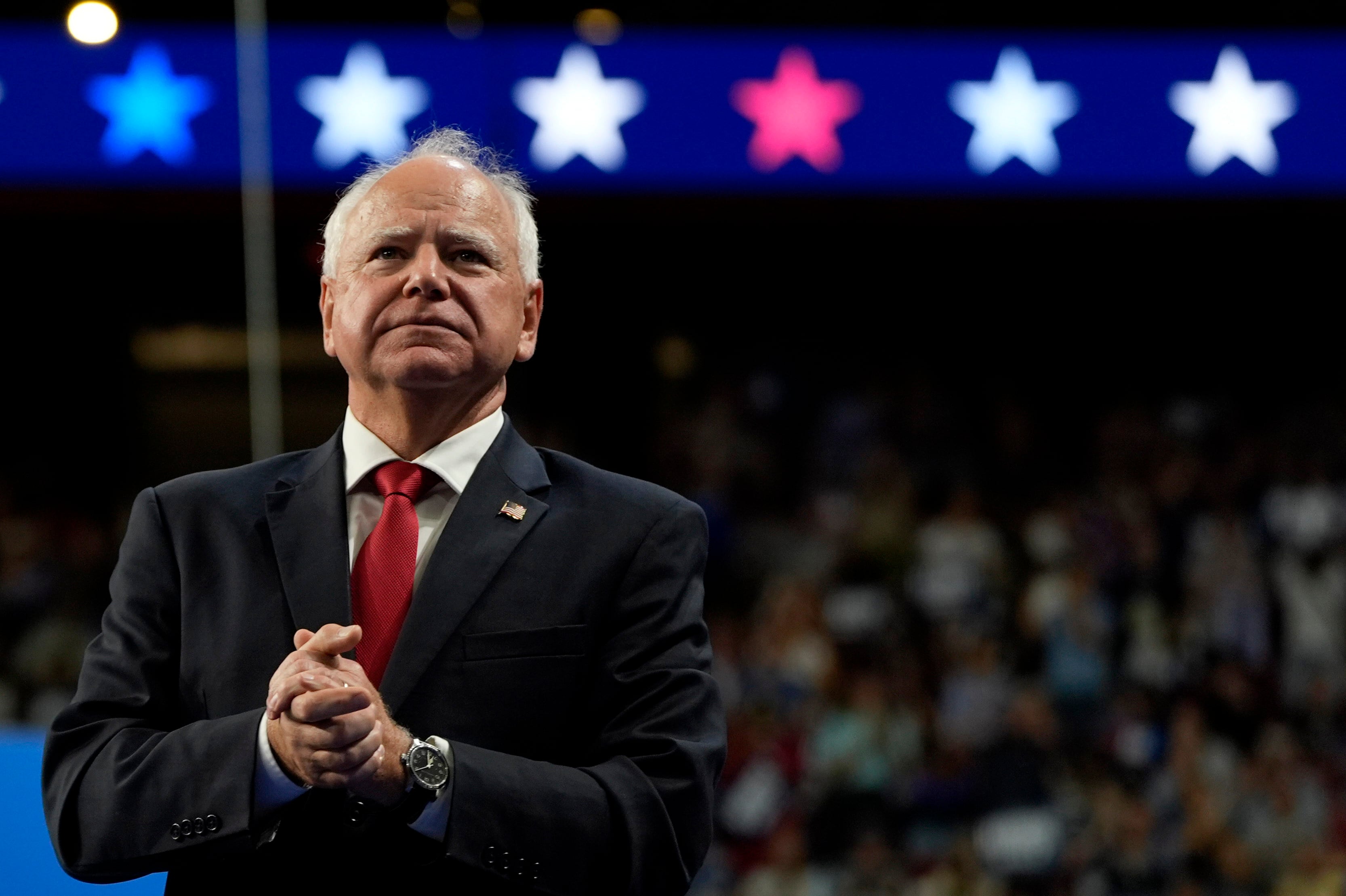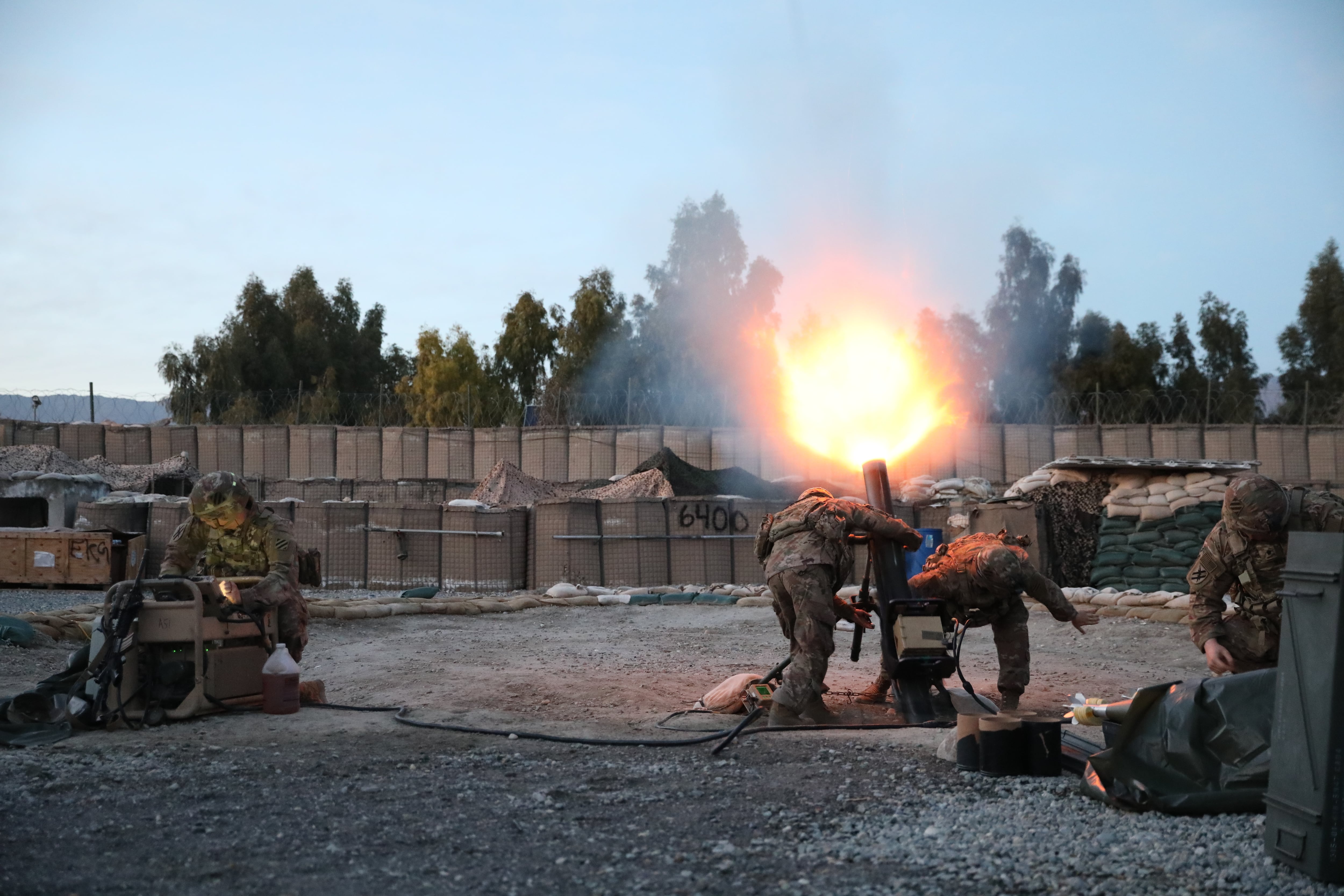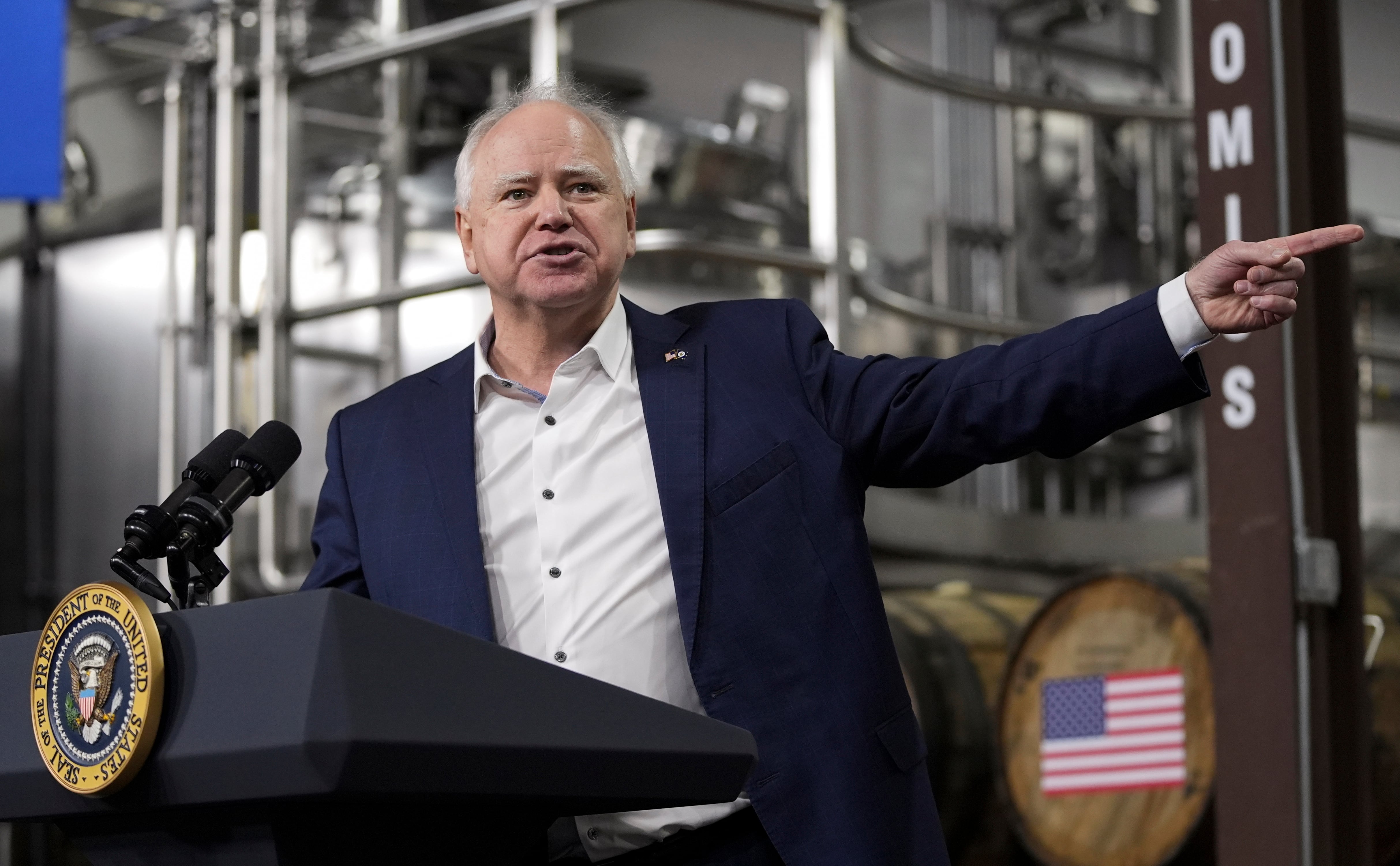WASHINGTON ― Democrats are deliberating ways to confirm the hundreds of remaining military nominees held up by Sen. Tommy Tuberville, R-Ala. They hope to capitalize on this week’s momentum to confirm the nearly 300 other nominees in the relatively near future after the Senate confirmed three joint chiefs this week.
Sen. Tim Kaine, D-Va., said that a likely option Democrats are considering to break the Tuberville logjam would be to confirm the roughly 300 other general and flag officers on the floor in large block packages, allowing the confirmations to proceed without monopolizing precious Senate floor time.
Kaine, a member of the Senate Armed Services Committee, told Defense News he expects more floor votes on military nominees after the chamber completes work on the appropriations legislation and stopgap funding bill, which Congress must pass by the end of the month to avoid a government shutdown.
“I think you’re going to see some big blocks that we needed to break the ice, but we’re going to get them all through,” Kaine said. “We haven’t taken anything off the table, and we’re going to continue to increase the pressure.”
There are military officials now filling the roughly 300 vacancies in an acting capacity. But the holds have also created uncertainty for troops down the ranks trying to plan for their futures, forced senior military officials to perform two jobs at once, and raised questions about what authorities acting officers do and don’t have absent Senate confirmation.
While Democrats would prefer Tuberville simply lift his holds to once again allow the Senate to quickly confirm the nominees by unanimous consent, confirming the hundreds of remaining nominees in large block votes could function as a backup plan to break the logjam.
Senate Armed Services Committee Chairman Jack Reed, D-R.I., told reporters Thursday that “nothing’s on the table, nothing’s off the table.”
Senate Majority Leader Chuck Schumer, D-N.Y., this week held a series of votes to confirm Gen. CQ Brown as chairman of the Joint Chiefs of Staff by an 83-11 vote, Gen. Randy George as Army chief of staff in a 96-1 vote, and Gen. Eric Smith as Marine Corps commandant with a 96-0 vote.
Tuberville was one of the senators to vote against Brown as Joint Chiefs chairman.
“I just didn’t want to vote for him,” Tuberville told Defense News on Thursday.
Pushed for clarification by Defense News, Tuberville responded, “I like Gen. Brown,” but noted his “no” vote was due to the broader situation around the Pentagon’s abortion leave policy. This policy, which provides paid leave time for troops to receive abortions if they live in states where it’s illegal, is what prompted Tuberville to instate his hold on all military nominees in February.
Tuberville did vote to confirm George and Smith even though the abortion policy remains in place.
If Democrats proceed with block votes on the remaining nominees, the Senate may still hold stand-alone votes on Adm. Lisa Franchetti, the nominee for chief of naval operations, and Gen. David Allvin to serve as Air Force chief of staff. They both had their confirmation hearings last week.
Schumer had initially declined to hold floor votes on the top military nominees for months while hundreds of other officers remained logjammed, but reversed course after Tuberville planned to force a vote on Smith. Until Tuberville’s blockade, the Senate had historically confirmed these nominees in a rapid floor procedure called unanimous consent.
The series of confirmation votes for three nominees took two days, and that’s after Tuberville agreed to speed up some procedural hurdles so the Senate did not have to remain in session to vote through the weekend.
A recent Congressional Research Service report found it would take roughly 700 hours of floor time — almost 90 days — to confirm 301 outstanding nominees if the Senate did nothing else and neglected its other duties, like funding the government.
The Senate expects to receive roughly 300 more military nominations by the end of the year, approximately doubling that timeline.
In a floor speech on Wednesday, Schumer left the door open to changing Senate procedures to allow for the confirmation of a batch of military nominees at once.
“Sen. Tuberville’s unprecedented disrespect of the men and women who lead our military has, unsurprisingly, caused many of our colleagues to discuss the ways to change the way we process military nominations,” Schumer said. “They recognize that the Senate process is being abused and that Sen. Tuberville’s reckless actions are harming hundreds of military families.”
But a rules change may run into resistance from Republicans, meaning Democrats would be able to afford few — if any — defections to enact such a change.
“I do not think we need a rules change,” Sen. Join Ernst, R-Iowa, told Defense News.
Bryant Harris is the Congress reporter for Defense News. He has covered U.S. foreign policy, national security, international affairs and politics in Washington since 2014. He has also written for Foreign Policy, Al-Monitor, Al Jazeera English and IPS News.









